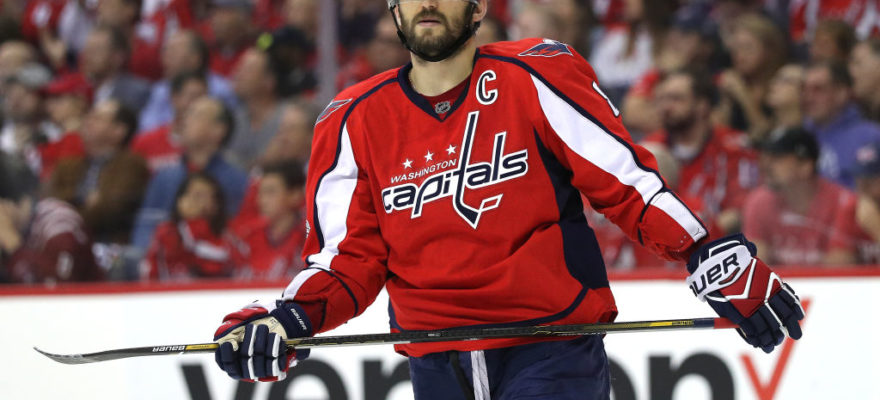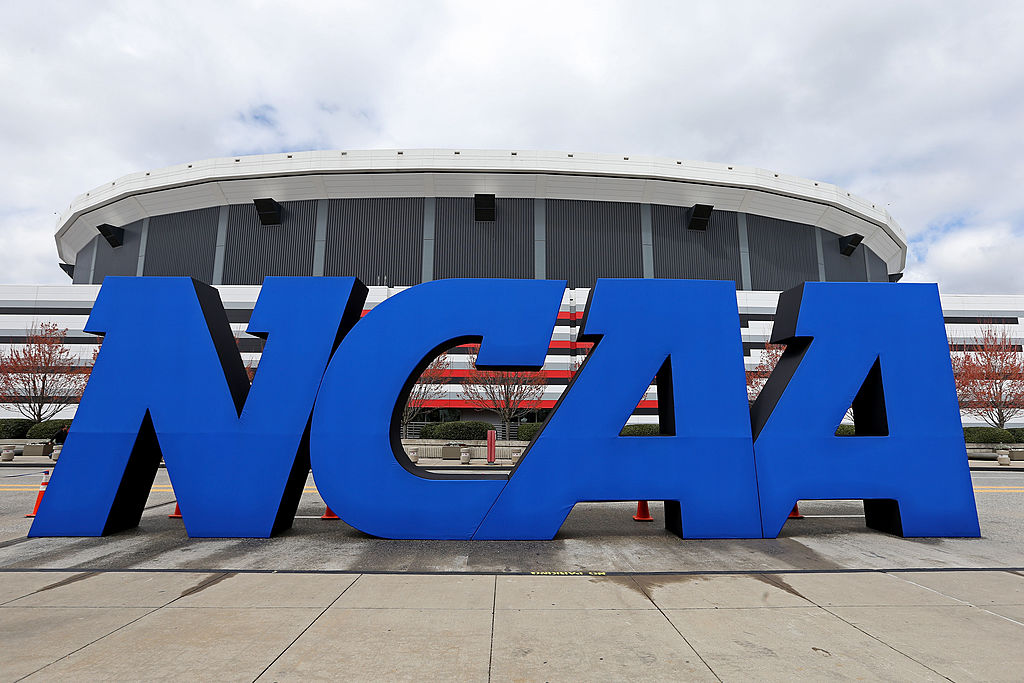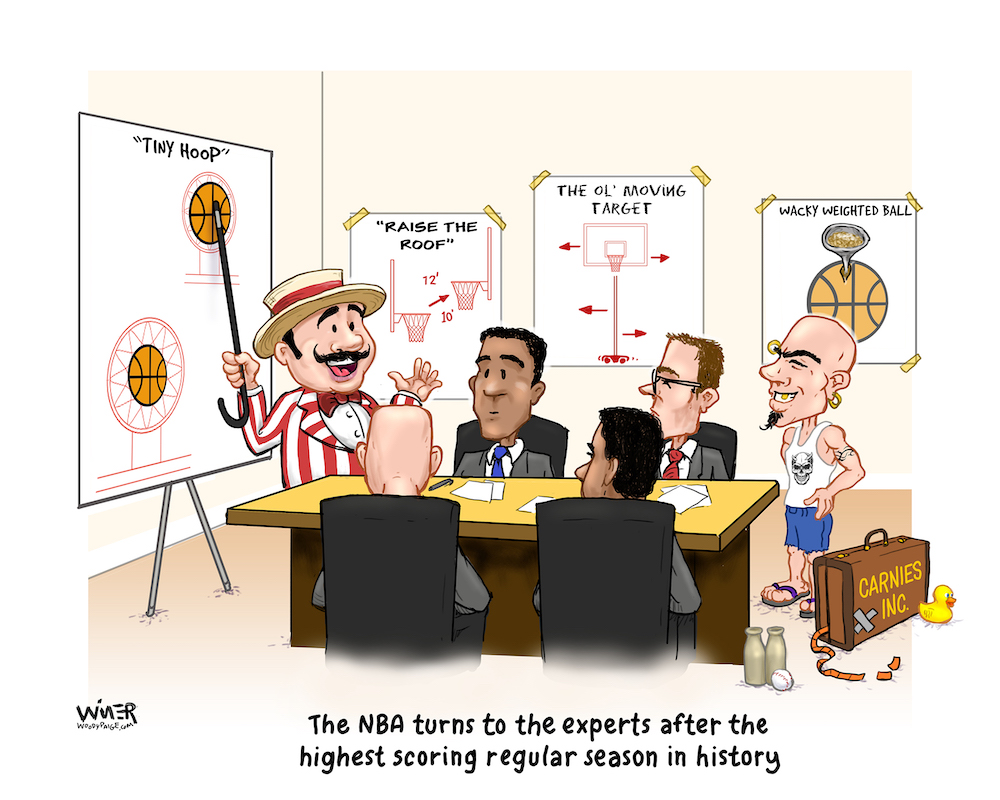Suffice to say, Alex Ovechkin is a bit of a trendsetter both on and off the ice. If fans aren’t trying to emulate his insane sniping skills, they’re probably trying to party as hard as he did after the Capitals won the Stanley Cup.
Heck, there’s even an ode to his Ovi’s Cup-winning celebratory shenanigans in an episode of “Letterkenny.”
No. 8 is also behind a growing trend that the National Hockey League isn’t too fond of — passing on participating in the All-Star game.
And now, following his second straight go-round of skipping the mid-season spectacle, other big-name players have followed suit and chosen to stay home.
But while NHL bigwigs see this as a concern regarding player participation, players are seeing it as an opportunity to take a breather in the middle of the 82-game season. It’s a chance for players to spend some time with their families and get some much-needed rest.
It makes you wonder: Is the All-Star Game itself the real issue here? Or does this have more to do with how grueling the NHL’s schedule is and the fact players, simply, just need some time off?
The argument over whether the NHL season is too long isn’t new. Fans have been venting for years about the difficulties of watching the Stanley Cup Final in June when the temperatures outside are rising. But the length of the season also takes its toll on the players, who are susceptible to a plethora of injuries over the span of six-plus months jam-packed with games and practices. If the opportunity arises for a player to get a few extra days to recoup over the All-Star break, shouldn’t they be entitled to take it?
Such is the case for Boston Bruins’ netminder Tuukka Rask, whose team went to the Stanley Cup Final last spring and therefore had a shorter summer break. “Sometimes you have to be selfish when you make these decisions,” he told ESPN. “Nobody really wants to make the league look bad, or anything like that.”
This seems to be where the disconnect between the players and the NHL lies.
It’s not as if the players don’t enjoy the skills competition or the three-on-three tournament, or getting dressed up for the occasion for that matter. Nevertheless, the NHL looks at players opting out of participating in the ASG as a diss — hence the reason they suspend players for one game if they choose not to participate.
Clearly, getting the time off is worth being suspended for a single game in the middle of the season. Otherwise, Ovechkin probably wouldn’t be missing out for the second season in a row.
Ovechkin’s participation — or, rather, the lack thereof — has seriously pushed the league’s buttons. The reaction is so extreme that deputy commissioner Bill Day is prepared to sit down with the NHL Players’ Association regarding the matter.
“In terms of player participation, is that a concern? Yes, I think it is a concern,” Daly told the ESPN On Ice podcast in early January. “Last year, I was much more willing to look the other way on something like this. But two years in a row is probably something we do need to address with the players’ association, so it doesn’t become a trend.”
Where things go from here is anyone’s guess. Will the league look to make the punishment for skipping out at the All-Star Game more severe than just a one-game suspension? Will they try to make changes to the All-Star festivities themselves? Or will both sides look at different ways to give players additional opportunities to take breaks during the long arduous NHL season?
The discussion, at least for now, is open to many possibilities.

















